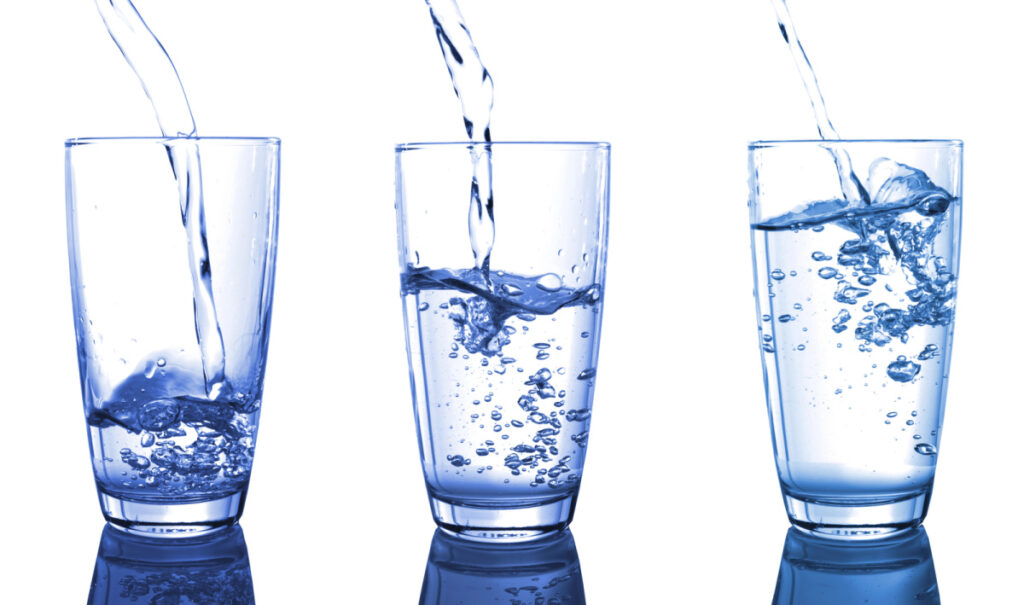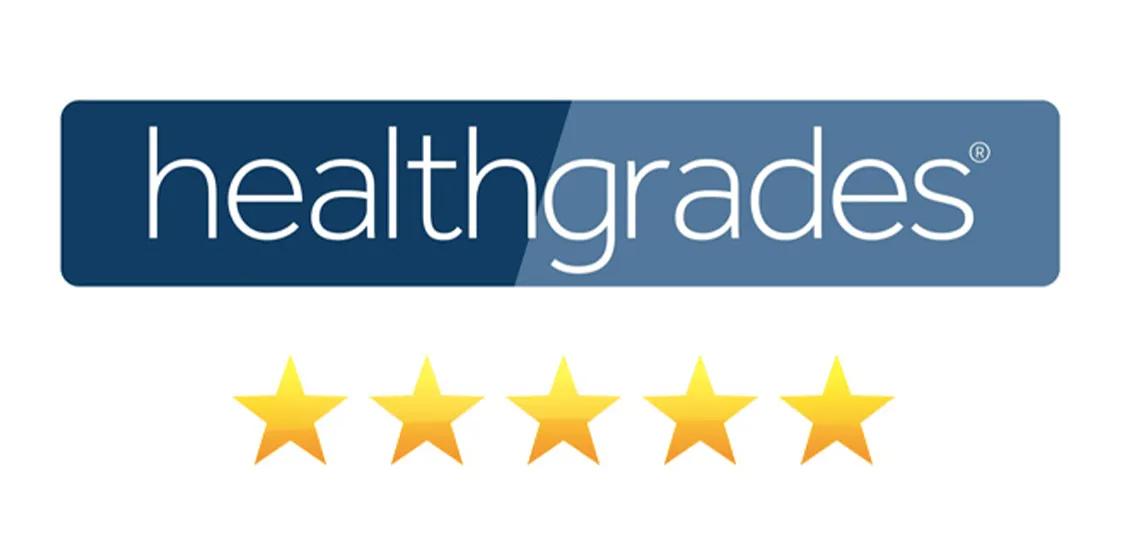Hiatal hernia surgery is a medical procedure that’s performed in order to correct a hernia in the diaphragm. After surgery, it’s important for patients to adhere to a proper diet to ensure effective healing and to prevent complications from arising. Here’s a quick overview of what to expect when it comes to your diet following a hiatal hernia surgery.
What is a Normal Diet After Hiatal Hernia Surgery?
After hiatal hernia surgery, your diet will need to be modified to support healing and minimize the discomfort you may experience initially. The general progression of your diet after hiatal hernia surgery includes a gradual move from liquid to solid food, with clear liquids being required for the first few days following the surgery. This may be in the form of water, broth, and clear juices. Clear liquids help keep you hydrated without putting stress on your stomach.
After a few days, you can move to full liquids, which include soups, milk, and smoothies. These foods are easy to digest and less likely to irritate the healing tissues of your upper digestive system. From there, you’ll be able to eventually move to soft, bland foods like mashed potatoes, applesauce, and yogurt. These foods tend to be gentle on the digestive system and help make the transition from liquid to solid food a little easier.
When 4 to 6 weeks have passed, you can start incorporating solid foods into your diet. It’s critical to choose low-fat, non-spicy, and non-acidic foods. Opt for lean proteins, whole grains, and cooked vegetables. Try to avoid large meals. Instead, eat smaller, more frequent meals to ease the burden on your stomach.
Even after recovery, maintaining a diet low in fat and high in fiber is beneficial. This helps prevent complications such as acid reflux and indigestion. It’s also wise to avoid foods that are known to trigger heartburn or gastrointestinal discomfort, such as caffeine, citrus fruits, and spicy foods.
How Long Does it Take for the Stomach to Heal After Hiatal Hernia Surgery?
Healing after hiatal hernia surgery is often a complex process that can vary somewhat in duration. Healing times depend on multiple factors, including the individual’s overall health. Those in good physical condition are likely going to experience quicker recoveries while individuals with pre-existing conditions may need longer to heal. Additionally, the type of surgery performed can greatly influence a patient’s healing time. Minimally invasive surgeries typically result in faster recoveries, while open surgeries may need more extended healing times.
Another important factor is the patient’s adherence to their doctor’s post-operative instructions. These include following a specific diet, avoiding strenuous activities, and taking any prescribed medications to prevent complications. Properly managing these aspects of a patient’s recovery can speed up the recovery process. On the other hand, neglecting them can lead to delays or complications that prolong healing.
On average, the stomach and surgical site may take anywhere from a few weeks to several months to fully heal, depending on these variables. Each patient’s journey to recovery is unique, and close communication with healthcare providers is a must for ensuring as smooth a recovery as possible.
What Are the Long-Term Side Effects of Hiatal Hernia Surgery?
Though many people experience significant relief following a hiatal hernia surgery, some long-term effects may occur. For example:
- Dysphagia (Difficulty Swallowing): Some individuals may experience difficulty swallowing. This condition, known as dysphagia, may improve over time but can be persistent for some.
- Gas and Bloating: After surgery, you might experience increased gas and bloating. This is due to changes in the digestive process. It can generally be managed with dietary adjustments and medications if necessary.
- Reflux Symptoms: While the surgery is intended to reduce acid reflux, some people may still experience reflux symptoms. This can occur if the surgery does not fully correct the hernia or if the individual does not adhere to their doctor’s dietary recommendations.
- Infection or Wound Complications: As with any surgical procedure, there is a risk of infection at the surgical site. Following post-operative care instructions and maintaining good hygiene can help reduce these risks.
- Changes in Eating Habits: Long-term changes in eating habits may be necessary to manage symptoms. Some people may need to make permanent adjustments to their diet to avoid foods that trigger discomfort.
- Scarring and Adhesions: Internal scarring or adhesions can sometimes develop after surgery. Regular follow-up with your healthcare provider can help monitor and address these potential issues before they become troublesome.
Tips for a Smooth Dietary Transition After Hiatal Hernia Surgery
Alt Text: 3 glasses of water at varying levels of fullness, symbolizing hydration as an important aspect of a patient’s diet after hiatal hernia surgery.
Changing your long-term diet after hiatal hernia surgery requires careful planning to ensure a smooth recovery. Here are some practical tips to keep in mind:
- Chew Food Thoroughly: Properly chewing your food can help ease the digestive process and prevent discomfort.
- Stay Hydrated: Drink plenty of water throughout the day, but avoid consuming large amounts with meals to prevent bloating.
- Keep an Eye on Food Triggers: Keep track of any foods that cause discomfort or reflux and avoid them. Common triggers include spicy foods, caffeine, and fatty foods.
- Follow Your Doctor’s Advice: Adhere strictly to your surgeon’s dietary recommendations and follow-up appointments. Your care team can provide personalized guidance based on your specific needs and progress.
- Gradual Introduction: Reintroduce foods slowly and observe how your body reacts. This gradual approach helps identify any potential issues early on. In doing so, your doctor can address these issues before they lead to any complications.
- Get Plenty of Rest: Even if you’re feeling relatively good in the weeks following your procedure, be sure to take it easy and get adequate sleep.
Plan a Healthy Diet After Hiatal Hernia Surgery
Following a healthy diet after hiatal hernia surgery is a must in order to promote proper healing and long-term health. Be sure to consult with your healthcare provider for personalized advice and support you can follow throughout the entirety of your recovery.
If you know or suspect that you’re living with a hiatal hernia, reach out to Arizona Premier Surgery. Our team of medical experts can help you regain your health and quality of life.
SOURCES
https://arizonapremiersurgery.com/2024/06/13/drinking-water-to-help-with-acid-reflux/
https://arizonapremiersurgery.com/2024/04/24/robotic-hernia-surgery-recovery-what-to-expect/
https://arizonapremiersurgery.com/2023/09/29/what-to-eat-after-hernia-surgery-and-what-to-avoid/
https://www.healthline.com/health/hiatal-hernia-surgery
https://www.verywellhealth.com/hiatal-hernia-surgery-long-term-care-5086686






